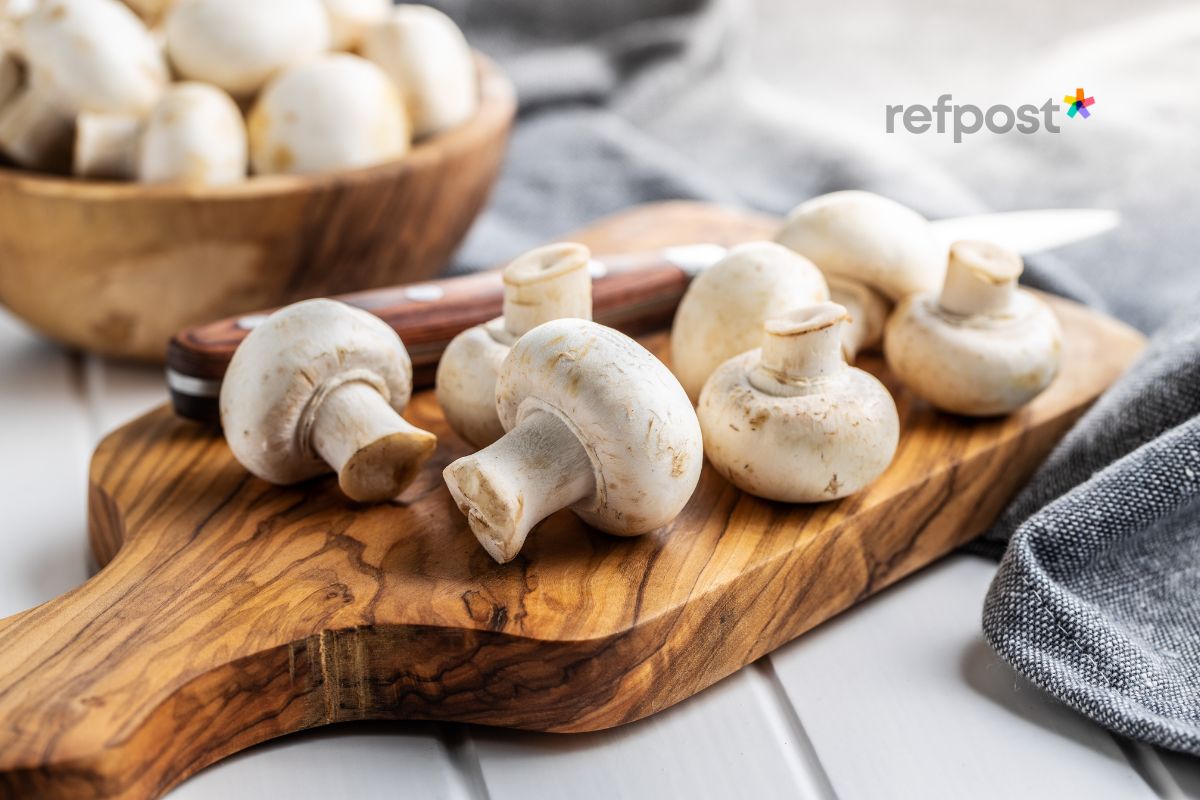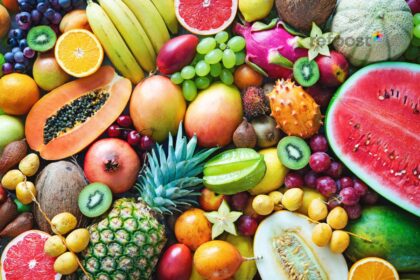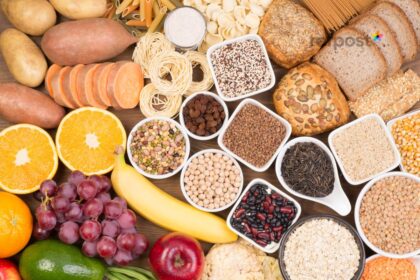As the days get shorter and colder, many of us experience reduced sunlight exposure, leading to a drop in vitamin D levels. This crucial vitamin not only supports bone health but also plays a significant role in boosting mood and combating the winter blues. Incorporating vitamin D-rich foods into your diet is an excellent way to maintain your health and happiness during the chilly season.
The Importance of Vitamin D in Winter
Vitamin D is often called the “sunshine vitamin” because our bodies produce it when exposed to sunlight. In winter, however, decreased sunlight can lead to deficiencies, causing fatigue, weakened immunity, and even seasonal affective disorder (SAD). By consuming vitamin D-rich foods, you can ensure adequate levels of this nutrient and stay energized.
Top Vitamin D-Rich Foods to Add to Your Diet
1. Fatty Fish
Fatty fish like salmon, mackerel, and sardines are among the richest natural sources of vitamin D.
- Benefits: High in omega-3 fatty acids and essential for heart health.
- How to Include: Grill or bake them for a nutritious meal, or add canned sardines to salads.
2. Egg Yolks
Egg yolks are a versatile and accessible source of vitamin D.
- Benefits: Packed with protein and essential nutrients.
- How to Include: Enjoy them in omelets, salads, or sandwiches.
3. Mushrooms
Certain varieties of mushrooms, like maitake and shiitake, naturally produce vitamin D when exposed to sunlight.
- Benefits: A plant-based source for vegetarians.
- How to Include: Add them to soups, stir-fries, or pasta dishes.

Mushrooms
4. Fortified Foods
Many foods are fortified with vitamin D, making it easier to meet daily requirements.
- Examples: Fortified milk, orange juice, cereals, and plant-based alternatives like almond or soy milk.
- How to Include: Use fortified milk in smoothies or breakfast cereals, and drink fortified juice with your morning meal.
5. Cod Liver Oil
A single teaspoon of cod liver oil provides a significant dose of vitamin D.
- Benefits: Also rich in vitamin A and omega-3s.
- How to Include: Take it as a supplement or mix it with a glass of juice.
The Connection Between Vitamin D and Mood Stability
Research shows that low vitamin D levels can contribute to mood swings and depression, particularly during winter. By consuming vitamin D-rich foods, you can improve serotonin levels and maintain mental well-being throughout the season.
Tips to Maximize Vitamin D Absorption
- Pair with Healthy Fats: Vitamin D is fat-soluble, so consuming it with healthy fats like olive oil or avocado enhances absorption.
- Spend Time Outdoors: A short walk on a sunny day can help boost vitamin D production.
- Monitor Your Levels: Regular blood tests can help ensure you’re meeting your needs
Disclaimer
The information provided on Refpost.com is not intended to be used for medical diagnosis or treatment. Refpost.com does not provide medical advice, diagnosis, or treatment. The content should not be used to diagnose, treat, cure, or prevent any disease without the supervision of a medical professional. For more information Visit https://refpost.com/disclaimer/







